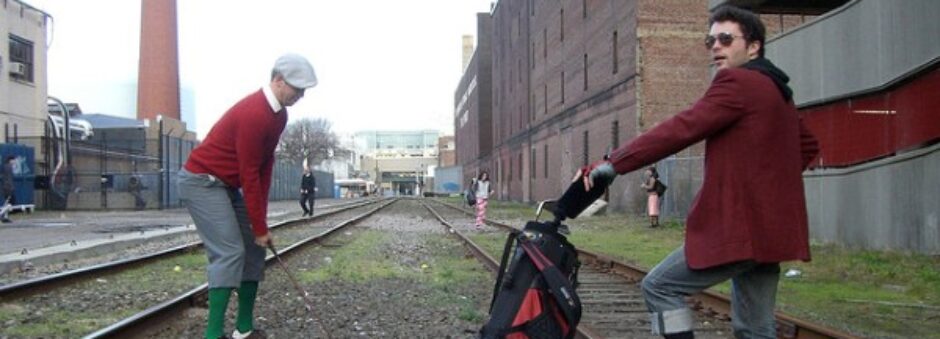
Now I shall tell the story of Nenen, who is wonderful in this way: though living a dry life, he stands with a smile, tells many jokes, and stirs many laughs. Surrounded by nincompoops, betrayers of trust, fast talkers, and doers of evil, Nenen remembers not what commands they push and pull him through.
What can be said about Nenen is that every evening, for two or three hours at a time, he disappears into the mist on the shore of the lake. One of the local kids, determined to discover the irreplicable source of Nenen’s happiness, reports Nenen in one of the caves along the water. The child, hoping to catch Nenen in sin, to prove his degeneracy like the rest of them, hides against the cave walls, listening in. He reports to the town later:
Nenen, every evening, slinks off to the cave to talk to another man. That man is Nenen’s mirror: nothing happens to Nenen that his mirror does not repeat, because every night the two of them share everything. The Nenen in the cave contains all the jokes and the stories that Nenen tells, but also his mind’s quirks and desires, the pianos he plays to impress. Nenen knows that each of his actions are simultaneously his own and his mirror’s. He carries himself with the dignity of doing everything for someone else, and his self awareness keeps him from succumbing a single moment to the base evils he lives around.
The only happy man in an unhappy town, Nenen whistles while he walks, and children covered in soot throw rocks at him, yelling to shut up, while a feral dog rolls over to die. To Nenen, the derision and denigration do not matter, only that derision and denigration to his mirror. In the mirror, every sleight is inverted.
A product of traitors, yet un-treacherous, the town whispers of him behind his back. Was his form given by the desires of his community? Some unconscious craving for respectability they all share? Or did this image of a happy life grow spontaneously?
An elder concludes:
“It is pointless trying to decide if Nenen is better than us, because Nenen was raised the same. As a child, he fought the other kids, spat on his parents, flayed wild animals, hunted the streets for the weak and the vulnerable in hope he could take advantage.”
It is only after finding his mirror that Nenen began to smile. His desires found form. The townspeople see Nenen and do not imagine what is possible, because they have never had a mirror; they have never had a friend. They see a freak.
